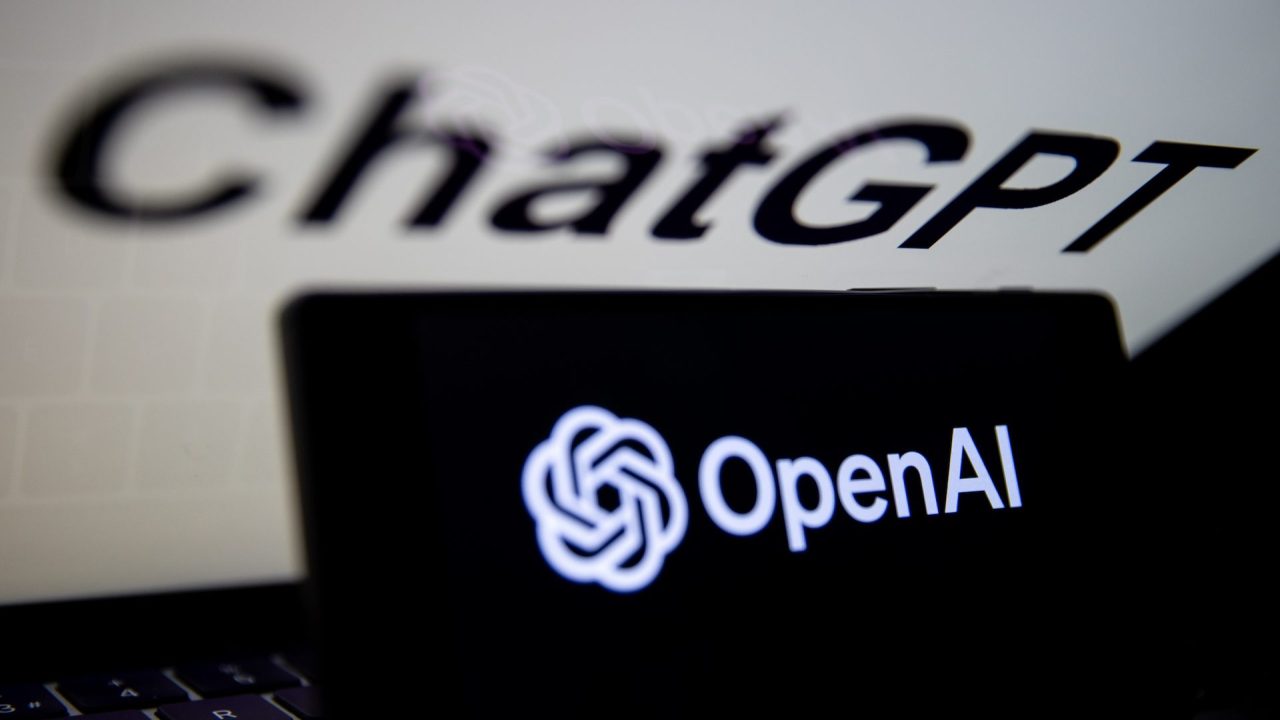As the wave of artificial intelligence continues to sweep across the globe, major players like OpenAI find themselves at the intersection of innovation and regulation. Recently, the Italian Data Protection Authority (DPA) has taken significant steps regarding OpenAI’s popular chatbot, ChatGPT, sparking a crucial dialogue on data privacy and compliance. With potential violations of European Union privacy laws being investigated, OpenAI is now navigating a complex landscape that could reshape its operations in Europe. Let’s delve into the details and implications of this evolving scenario.
The Italian DPA’s Findings
The Italian DPA, known for its stringent stance on data privacy, has expressed concerns about ChatGPT’s compliance with the General Data Protection Regulation (GDPR), Europe’s definitive data protection law. Following a thorough multi-month investigation, the authority has formally notified OpenAI, allowing the company 30 days to provide a defence against the alleged violations. Here are some key aspects highlighted by the DPA:
- Legal Basis for Data Processing: A major focal point in the investigation is whether OpenAI has a valid legal basis for the collection and processing of personal data used in training its AI models. The GDPR outlines six potential justifications, but most appear irrelevant in this context, leaving consent and legitimate interests as the leading candidates.
- Scraped Data Concerns: ChatGPT has reportedly been trained using substantial amounts of data scraped from the public internet, potentially including individual personal data. This practice raises fundamental questions under EU law regarding the ethical and legal handling of such information.
- Child Safety and Misinformation: The authority has flagged concerns regarding child safety and the potential for the AI tool to produce inaccurate information about individuals, known as ‘hallucinations’. These issues highlight the broader implications of deploying powerful AI systems without adequate safeguards.
Consequences of Violating GDPR
If confirmed, the violations could carry serious repercussions for OpenAI. Penalties could reach up to €20 million or 4% of the company’s global annual turnover—a staggering cost that could affect the operational landscape of AI companies across Europe. Beyond financial penalties, OpenAI might be compelled to make systemic changes in its data processing protocols, revise its model training strategies, or even eliminate its services in EU member states.
The Path Ahead for OpenAI
Responding to the notification, OpenAI has expressed its belief that its current practices are compliant with GDPR, emphasizing its commitment to protecting users’ data and privacy. The company asserts that its models are designed to learn about the world rather than individual identities, and it actively seeks to minimize the inclusion of personal data in its training materials. However, the question remains: how will OpenAI address the broader implications of these regulatory challenges?
Some potential steps OpenAI might consider include:
- Enhancing Transparency: Providing clearer insights into data handling practices and the measures taken to safeguard personal information could help alleviate concerns.
- Implementing User Controls: Allowing users to exercise more control over their data—including the ability to opt out—could be key in mitigating regulatory risk.
- Building Local Partnerships: Establishing relationships with local data protection authorities in various EU member states could facilitate better compliance and foster a collaborative approach to AI development.
Conclusion
OpenAI’s ongoing negotiations with the Italian DPA represent not just a challenge, but an opportunity for improvement and adaptation within the landscape of artificial intelligence. As regulatory scrutiny intensifies, companies must find a balance between innovation and compliance. The outcomes of this investigation could set significant precedents for AI development in Europe and beyond.
At **[fxis.ai](https://fxis.ai)**, we believe that such advancements are crucial for the future of AI, as they enable more comprehensive and effective solutions. Our team is continually exploring new methodologies to push the envelope in artificial intelligence, ensuring that our clients benefit from the latest technological innovations. For more insights, updates, or to collaborate on AI development projects, stay connected with **[fxis.ai](https://fxis.ai)**.

